Your Ultimate Guide to Healthy Living
Switching to a plant-based diet is more popular than ever, and a primary concern is ensuring adequate protein intake. Whether you’re a newcomer to plant-based eating or seeking to diversify your diet, this guide will introduce you to some fantastic plant-based protein sources that are nutritious, delicious, and versatile.
1. Lentils
Lentils are an excellent protein-packed choice, delivering roughly 18 grams of protein per cooked cup. Rich in dietary fiber, iron, and folate, they help boost energy and maintain digestive health. Incorporate them into soups, stews, or salads for a hearty, protein-rich meal.
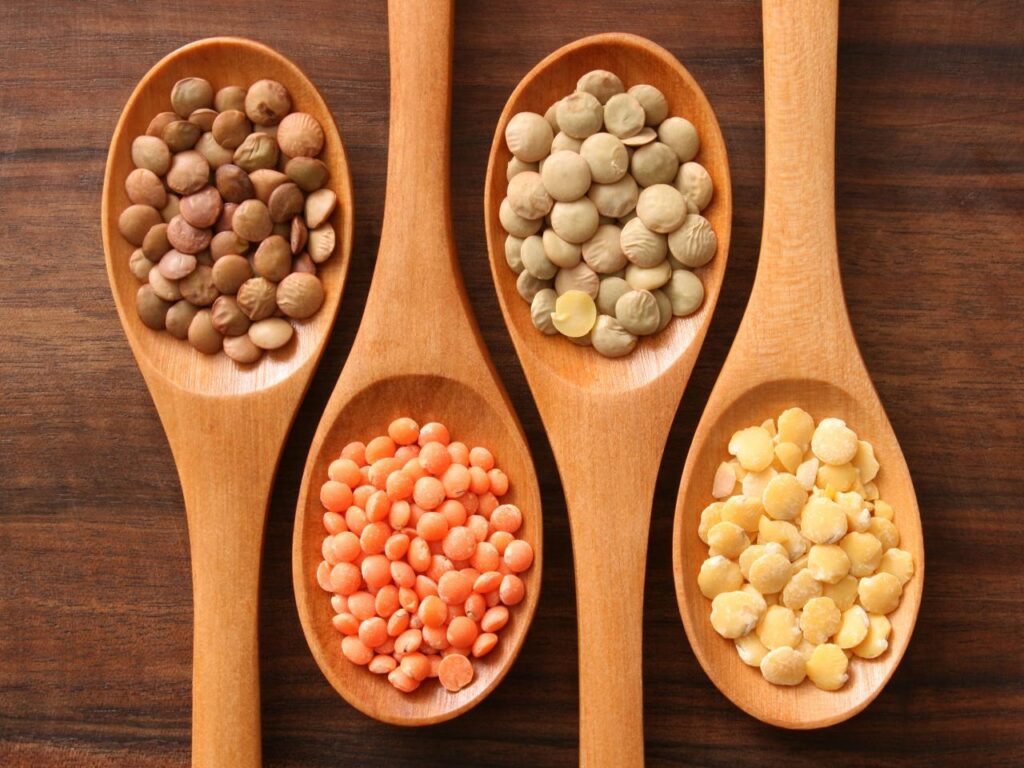
2. Garbanzo Beans
Chickpeas, also known as garbanzo beans, deliver approximately 15 grams of protein per cooked cup. Extremely versatile, they can enhance a wide range of dishes, including creamy hummus, flavorful curries, and crunchy roasted snacks. Additionally, they are rich in fiber, manganese, and various vitamins.
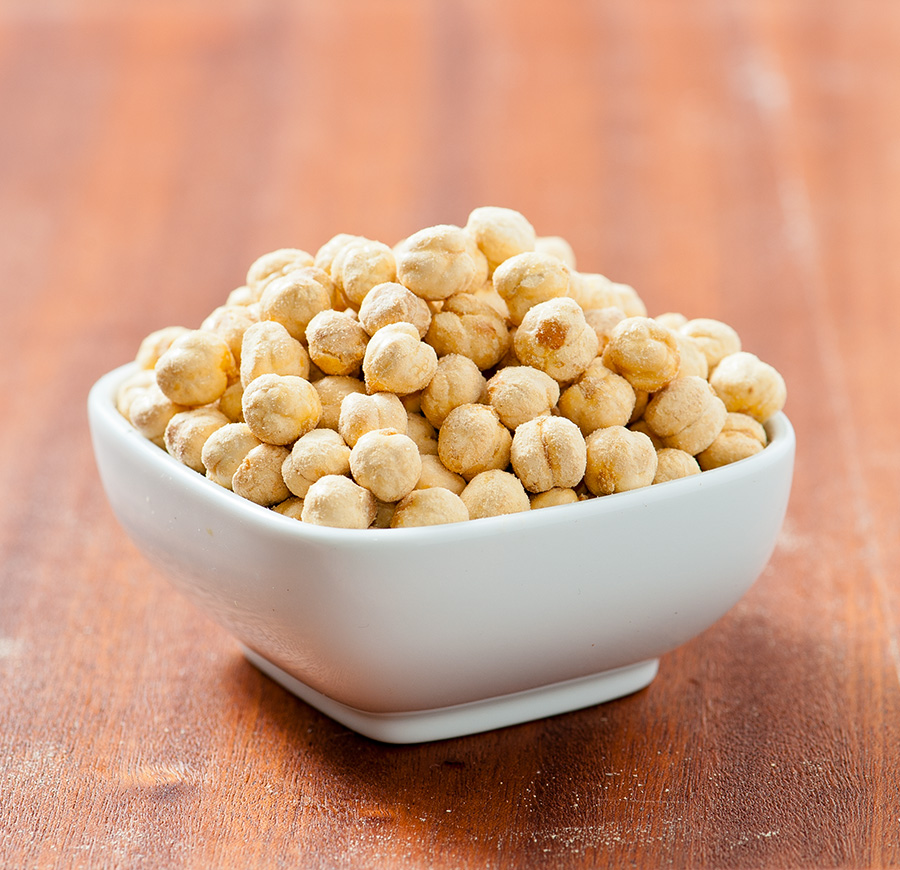
3. Quinoa
Quinoa is a complete protein, containing all nine essential amino acids that your body cannot produce on its own. With around 8 grams of protein per cooked cup, quinoa is not only protein-rich but also loaded with magnesium, iron, and antioxidants. It serves as an ideal base for salads, bowls, or even as a side dish.
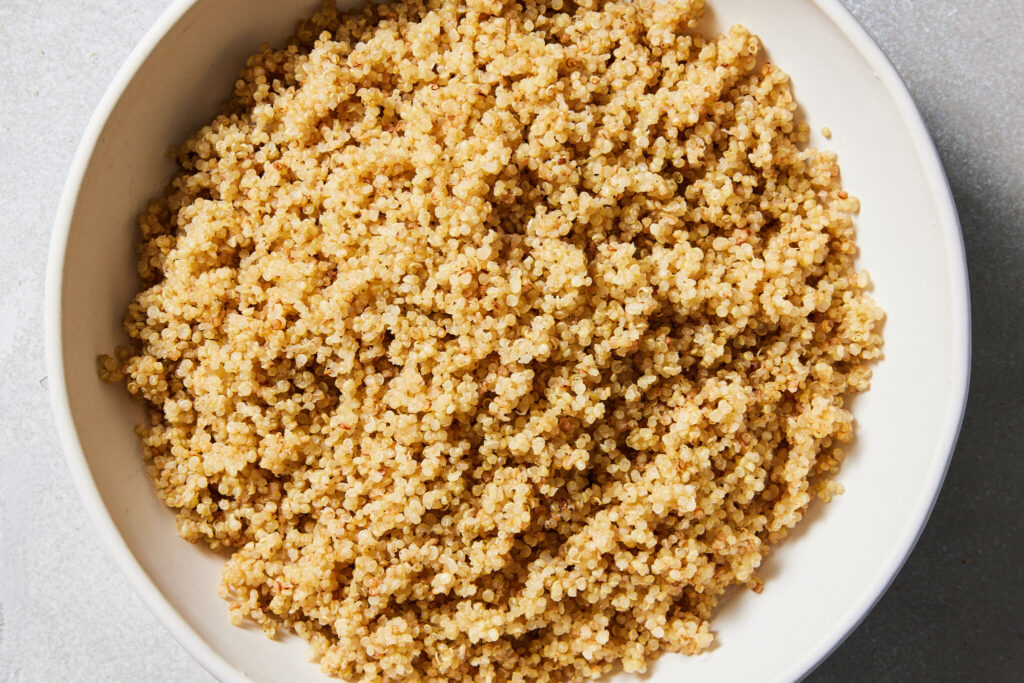
4. Tofu: A Plant-Based Protein Powerhouse
Tofu, derived from soybeans, serves as a versatile protein source, delivering approximately 10 grams per half-cup serving. Low in calories, it also offers a substantial amount of calcium and iron. Whether you stir-fry, grill, or blend it into smoothies and sauces, its mild flavor makes it a fantastic addition to various dishes.
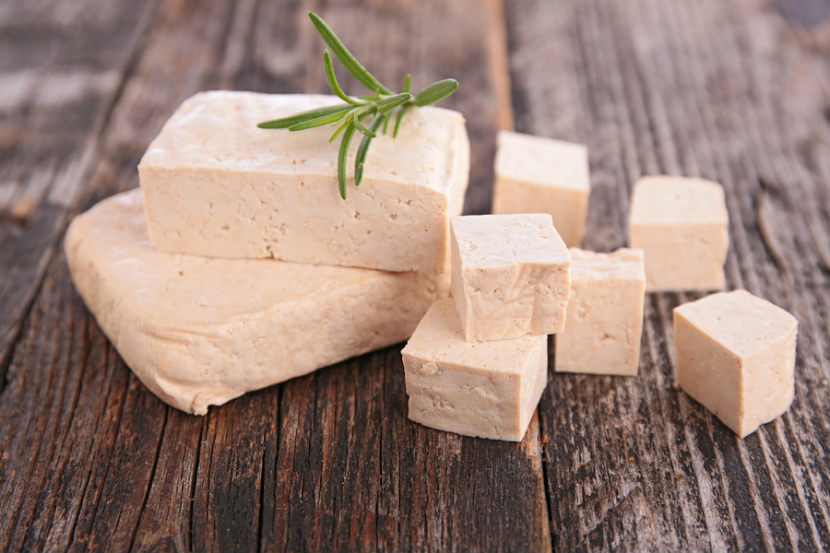
5. Tempeh
Tempeh is an outstanding soy-based protein source, offering approximately 15 grams of protein per serving. With its firmer texture and nuttier flavor compared to tofu, tempeh is perfect for stir-fries, sandwiches, and salads. Additionally, it is packed with protein, fiber, and an array of vitamins and minerals.
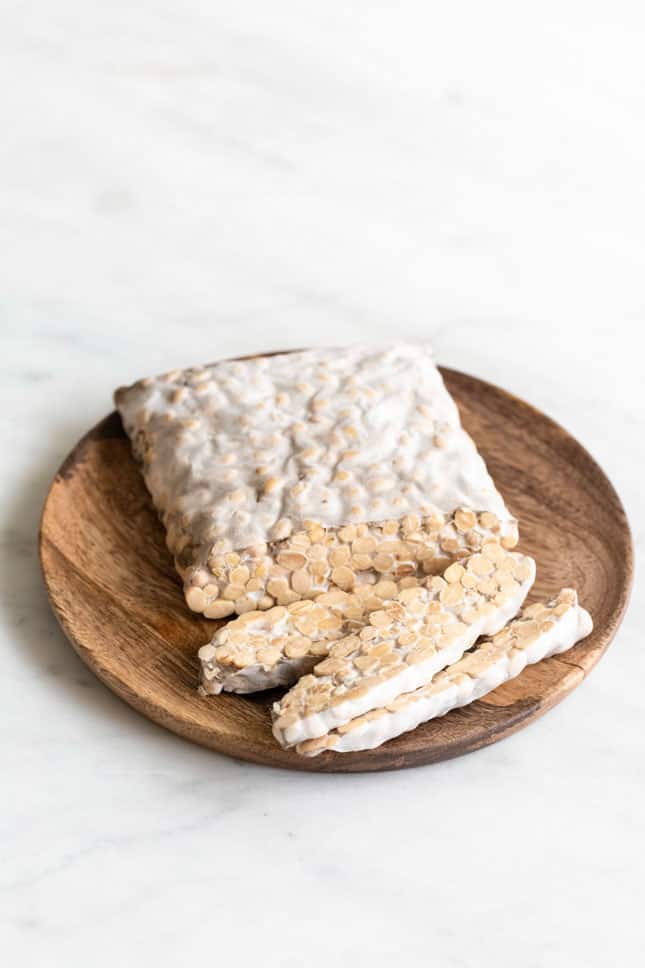
6. Edamame and Snap Peas
Edamame, young soybeans, are more than just appetizers. A cooked cup provides about 17 grams of protein. They’re also rich in fiber, iron, and calcium. Enjoy them as a snack, mix them into salads, or add them to your stir-fry.
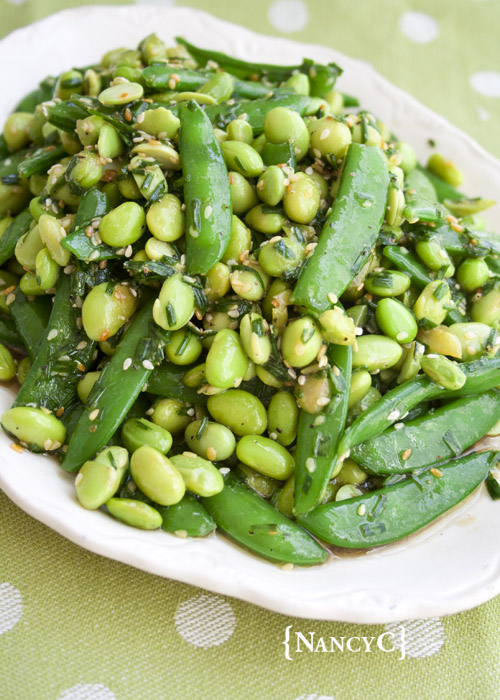
7. Chia Seeds
Chia seeds may be small, but they are incredibly powerful, offering approximately 4 grams of protein per ounce. They are also abundant in omega-3 fatty acids, fiber, and essential minerals. Incorporate them into smoothies, puddings, or even as an egg replacement in baking.
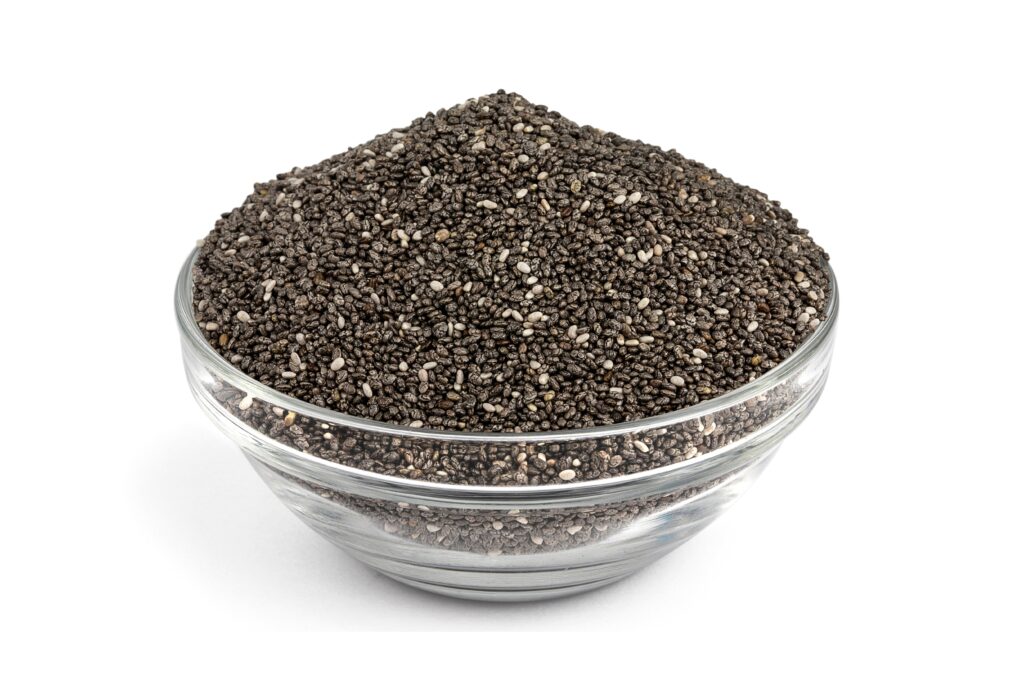
8. Hemp Seeds: A Nutrient Powerhouse
Hemp seeds deliver approximately 10 grams of protein per three tablespoons and include all nine essential amino acids, making them a complete protein source. They are also rich in healthy fats, magnesium, and iron. Add them to your salads, mix them into yogurt, or blend them into smoothies for a nutritional boost.
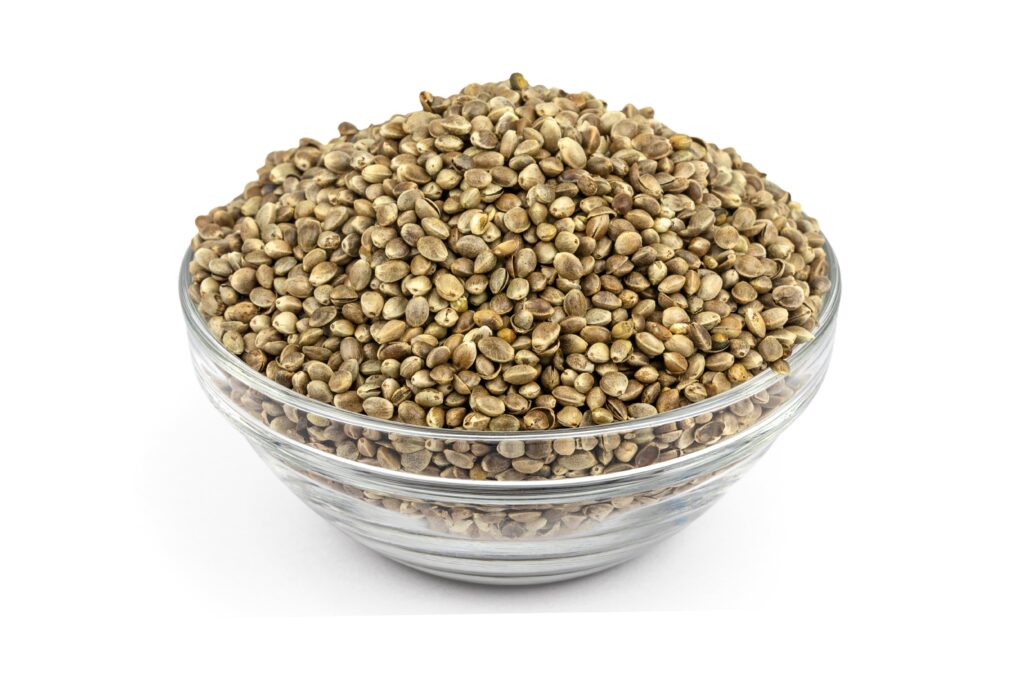
Adding Plant-Based Proteins to Your Diet
Incorporating plant-based protein sources into your diet is simpler than you might imagine. By mixing and matching, you can craft balanced meals that are both delicious and nutritious. Whether you’re making a savory lentil stew, a vibrant quinoa salad, or a flavorful tofu stir-fry, you’ll be nourishing your body with premium plant-based protein.
By incorporating these protein-rich choices, you’re enhancing your well-being and promoting a more sustainable, eco-friendly lifestyle. Delight in experimenting with these ingredients and uncover how tasty and satisfying plant-based eating can be!
